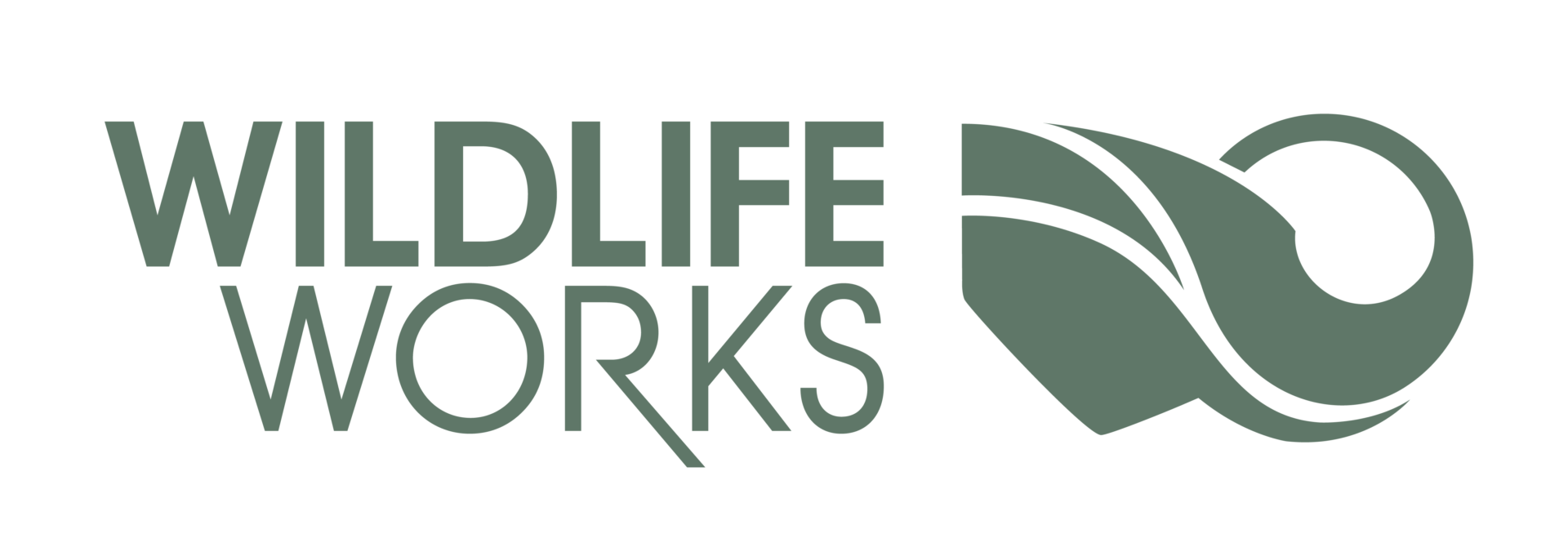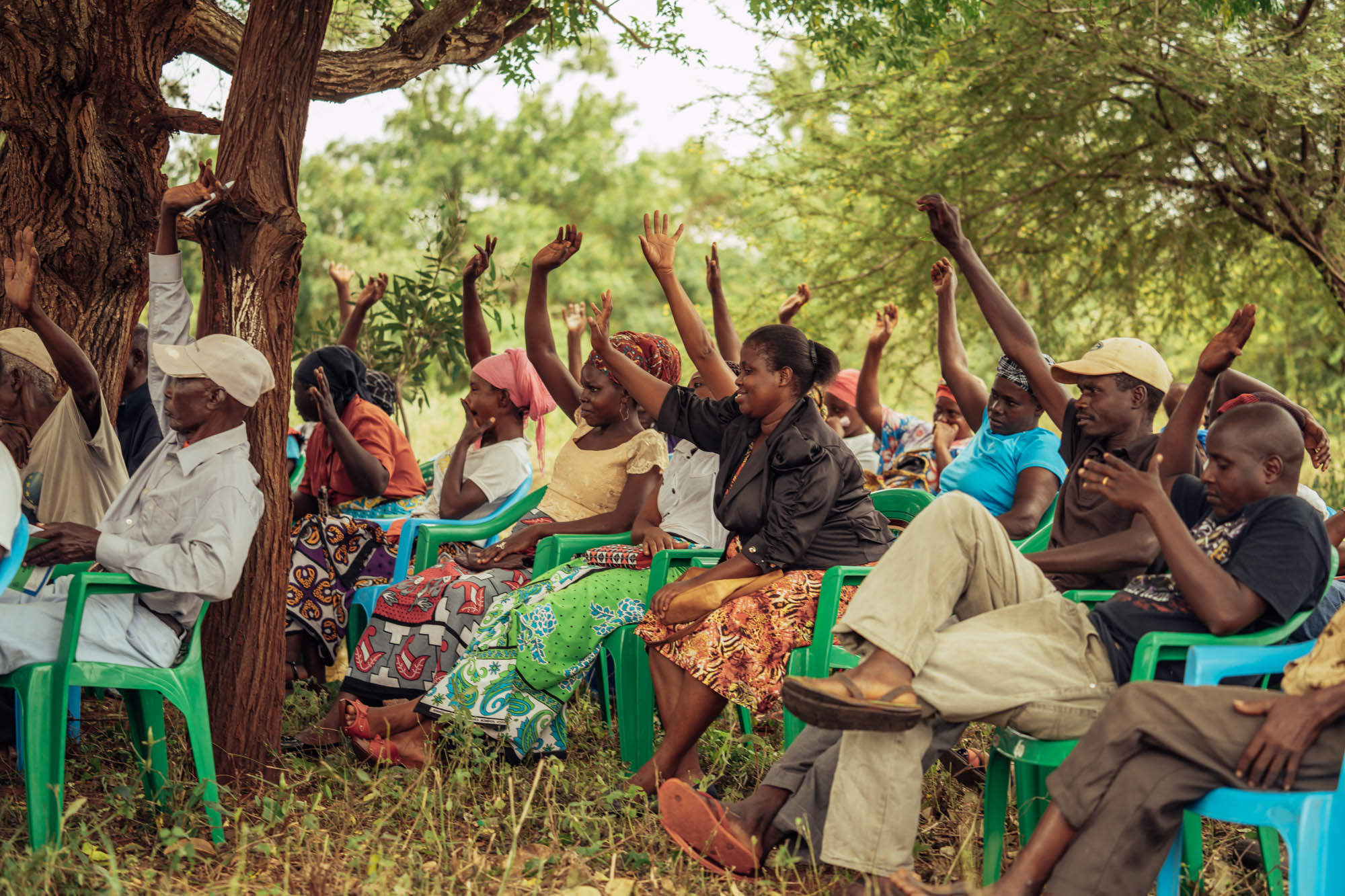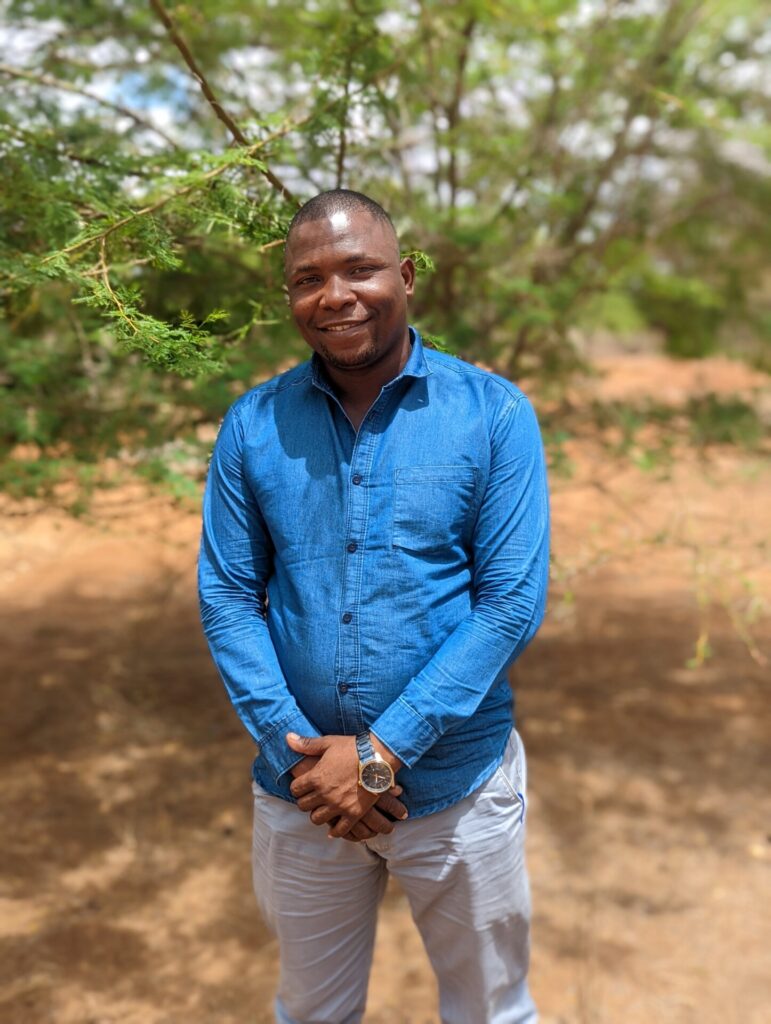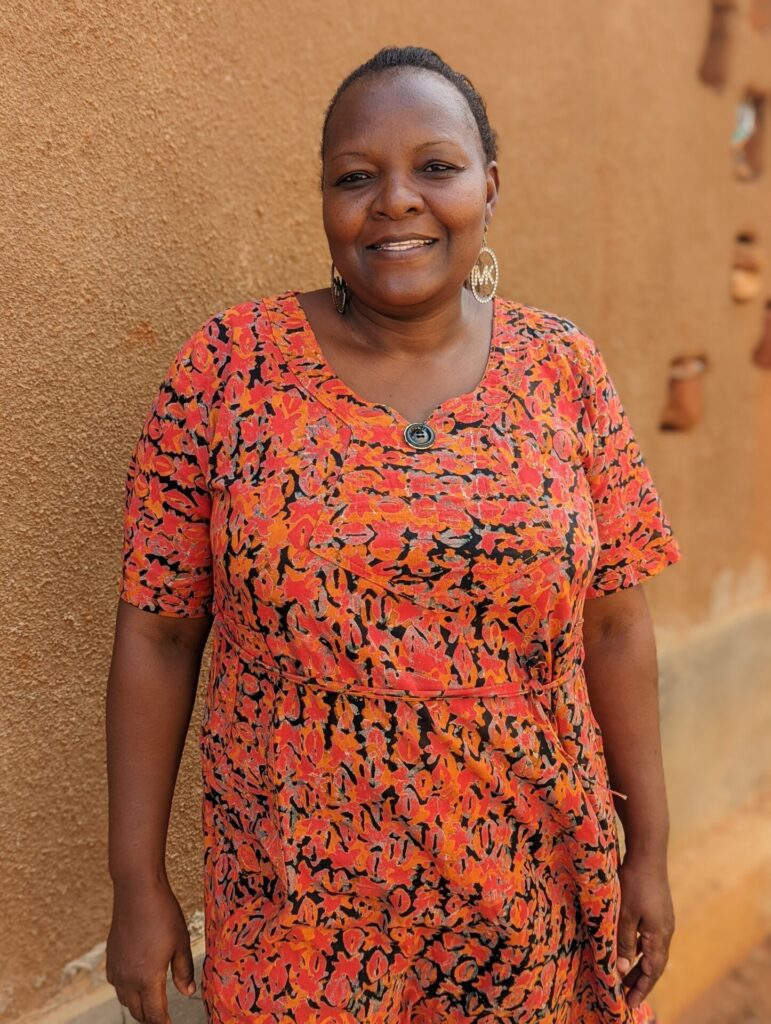Learn about some of the most significant individuals in the Kasigau Corridor REDD+ project who have taken up key leadership positions in their respective communities, championing for its well being.


Laying the Foundation for Wildlife Works

Salim Makoma grew up in a small village called Talio in the Southeastern part of rural Kenya. His parents struggled to meet basic needs, including educational expenses. With support from his community and a scholarship from Jomo Kenyatta Foundation, he was sponsored through high school and university.
After successfully completing his degree in Business Management from Moi University, he decided it was time to go back to his community and to find ways to address poverty levels in his area of Sagala. “I wanted to find a way of addressing lack of education, poverty and unemployment, which have been crippling my community,” he says.
Salim worked with various organizations to help uplift his community. Human wildlife conflict is also rife in his area. At one time, he led a demonstration of irate community members seeking an audience with the then-Minister for Wildlife and Environment to address human wildlife conflict in his area.
In 2011, Wildlife Works was still laying the foundation for the REDD+ project in different community locations. Salim came to know of Wildlife Works and was among the first community members to help spread awareness about the project. He was among the few in the community that had completed a university-level of education, so the community trusted and depended on him on many levels. “I was one of the key pioneers who was able to connect with the community about the benefits of REDD, and I helped lay the groundwork for Wildlife Works’ operations in Sagala,” he recalls. At that time, because it was the first project of its kind, the people were skeptical of the project due to their dependence on bush charcoal production and cutting trees for survival. So, when the idea of a REDD+ project was introduced, people wondered whether this was a ploy to take away their land or if it meant that their source of livelihood would be history.
“After much discussion, the Sagala community realized that cutting trees and charcoal burning is responsible for lack of rainfall, and that the REDD+ project was here to address it, to ultimately lead to a significant reduction of charcoal production and cutting down of trees,” he says. When the project was up and running, Salim was selected by his community to represent them in the bursary committee as their Chairperson. During his tenure, he worked with Wildlife Works to ensure that students from extremely marginalized areas were awarded scholarships up to university and some were able to secure employment.
His greatest joy is seeing families being uplifted from poverty thanks to the partnership with Wildlife Works and the community of forest landowners. “I hope that if at one point Wildlife Works decided to phase out, we will still have a pool of empowered and employed people in the society,” he says.
While he strives to make this wish a reality in his project area in Sagala, a women’s group in another area of the project called Mwatate, is also working with Wildlife Works to address poverty levels.
Women are the Future

Historically, women in Mwatate area of the Kasigau REDD+ project area have been subjected to poverty and inequality. This prompted Margret Kasha and a group of women to start a community-based organization known as Mavalo Development, an umbrella of 21 women groups spread out in Mwatate location, totaling about 300 women.
“The main aim of the group was to address the poverty levels which were affecting women the most,” she says. After being elected as the group’s Chairperson, she led the group to start several income generating activities. One of the major activities they embarked on was table banking, a group-based funding system where members meet weekly and make weekly savings to form a kitty from which members can borrow. “We usually keep our money in the form of savings to lend each other then return it with some interest. Through acquiring loans in table banking, the women have educated their children, and set up small businesses like poultry keeping and agribusiness,” she says.
One of her major achievements was increasing the number of women groups in the community-based organization. “Initially, we started with 8 groups but now have 21 groups. We have worked with partner organizations like Kenya Climate Smart Agriculture Project, a Kenyan project jointly supported by the World Bank to ensure small scale farmers are equipped with up-to-date agricultural practices,” she explains.
To date, the groups have accrued up to KS 1 million in their accounts through table banking. “We have lent more than 100 members short term loans to cater for school fees, small businesses, and other emergencies. Women are now self-reliant and poverty levels have been reduced because we have lifted our homes as women,” she says.
Partnership with Wildlife Works
In addition to being the Chairlady of Mavalo Development Organisation since 2018, Margret is also an Office Assistant for Wildlife Works, and works closely with the community outreach team to create awareness about the project while advising on the best sustainable projects likely to be funded through the carbon income. Margret also works with Wildlife Works’ community team to facilitate programs aimed at creating awareness to women about financial literacy, income generating activities, matters pertaining child abuse, girl child sensitization and early marriage. Wildlife Works has also worked closely with Margret to partner with different women groups to make soap with affordable and locally available materials.
“What inspires me to work with women is because I am aware of the responsibilities of a woman in our society. I know we have greater responsibilities in our family. So, I always feel that when you empower a woman, you have empowered the whole community.”
Margret’s greatest hope for the Mwatate location is to see a healthy community free from poverty. In partnership with the REDD+ project, her dream continues to become a reality. At Wildlife Works, we will continue working with key members of the community to bring out the change they wish to see in their community.
